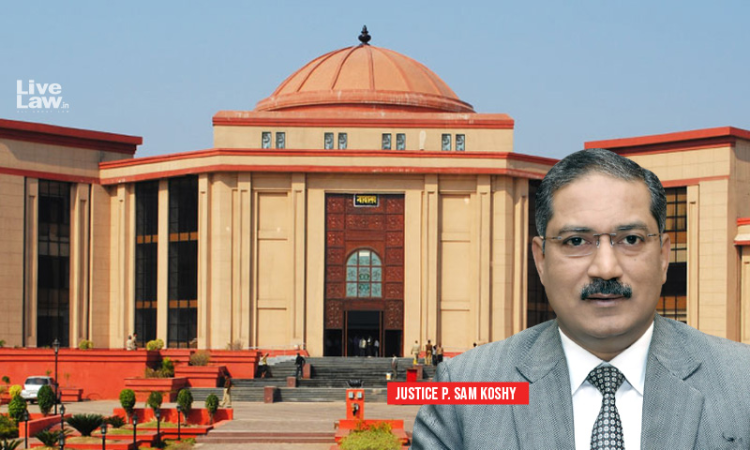The Chhattisgarh High Court last week quashed the 5-yr ban imposed by the Government of India (GOI) and Pharmacy Council of India (PCI) on the opening of new Pharmacy Colleges in the country for the next 5 years. The Judgment came in a Petition moved by a batch of colleges before the High Court, which was finally allowed by the Single Bench of Justice P. Sam Koshy which termed the ban in...

